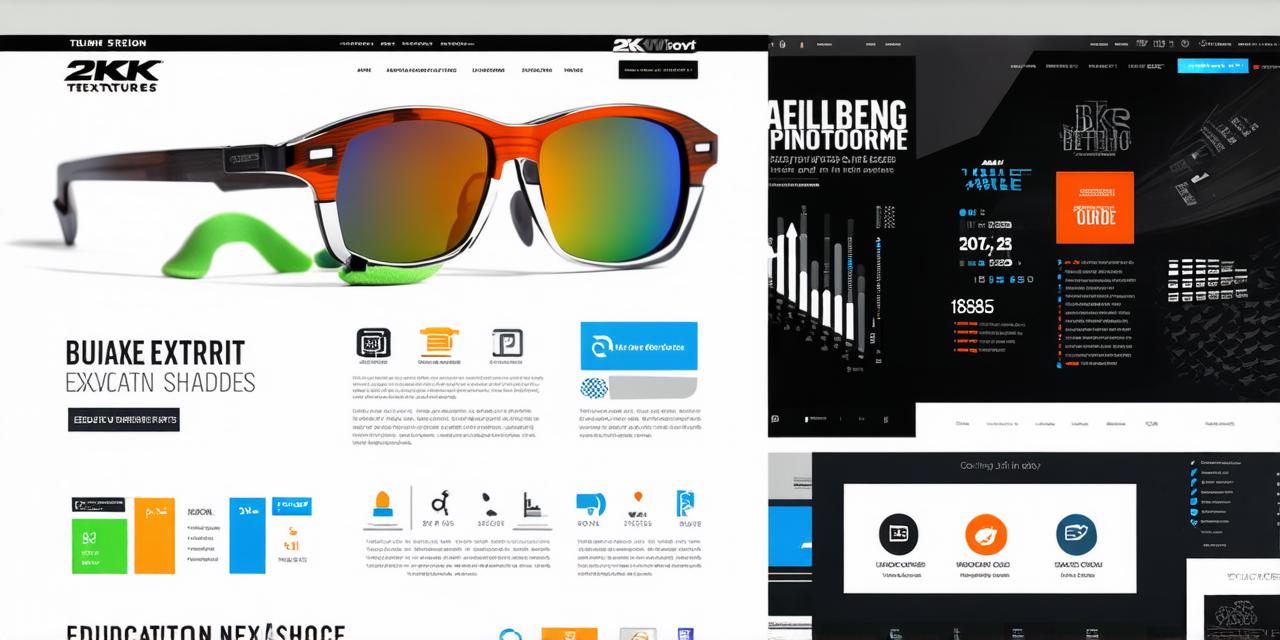1. WordPress
WordPress, a versatile platform, is a favorite among many due to its user-friendly interface and extensive customization options.
As a website developer, you can create a unique, engaging learning environment with ease. With thousands of educational plugins available, integrating features like quizzes, forums, and progress tracking becomes seamless.
Case Study: The Khan Academy, a renowned online education platform, thrives on WordPress. Its success story is a testament to the platform’s capabilities in delivering quality education. For instance, the platform allows teachers to create customized courses, track student progress, and provide immediate feedback through interactive quizzes.
2. Moodle
Moodle, an open-source learning management system (LMS), offers a robust solution for educational institutions. It excels in managing large student populations and complex course structures. With its flexible design, you can tailor the platform to meet your specific needs.

Personal Experience: As a developer working with Moodle, I’ve appreciated its scalability and adaptability. It’s an ideal choice for institutions seeking a comprehensive LMS solution that can grow with their needs.
3. Canvas
Canvas, a cloud-based LMS, stands out for its intuitive design and seamless integration with various educational tools. Its mobile app ensures learning is accessible anytime, anywhere. Canvas also offers exceptional customer support, making it an attractive option for educators who value responsive assistance.
Research: According to a 2020 report by eLearning Industry, Canvas ranked highest in user satisfaction among LMS platforms. The report highlighted its user-friendly design and robust customer support as key factors contributing to its success.
The Verdict

Each platform has its strengths, and the choice depends on your specific needs. If you’re looking for versatility and customization options, WordPress is a solid choice due to its extensive plugin library. Moodle shines when managing large student populations and complex course structures, making it an ideal choice for institutions with a diverse range of courses and students. Canvas excels in user-friendly design and seamless integration with educational tools, making it an attractive option for educators who value ease of use and accessibility.
FAQs
1. Is it difficult to learn these platforms?
While each platform has its learning curve, resources are readily available online to help you get started. For example, WordPress offers a vast community of developers and users who can provide guidance and support. Moodle provides extensive documentation and forums, while Canvas offers comprehensive training materials and customer support.
2. Can I switch between platforms once I’ve chosen one?
Yes, but the process can be complex and time-consuming, so it’s best to choose wisely from the outset. To minimize disruption, consider factors such as data transferability, compatibility with existing tools, and user experience when making your decision.
3. Which platform is best for a small educational institution?
All three platforms are suitable for small institutions. However, WordPress and Canvas might be more accessible due to their user-friendly designs and intuitive interfaces. Moodle, while powerful, may require more technical expertise to set up and manage effectively. Ultimately, the choice depends on your specific needs and resources.
